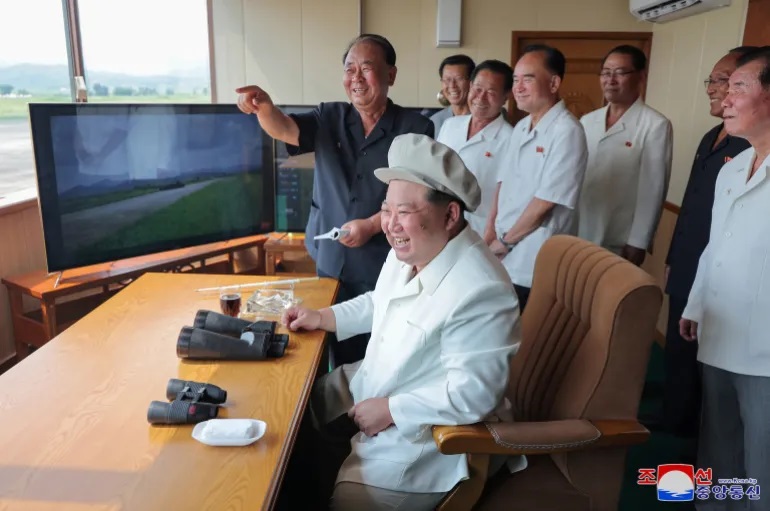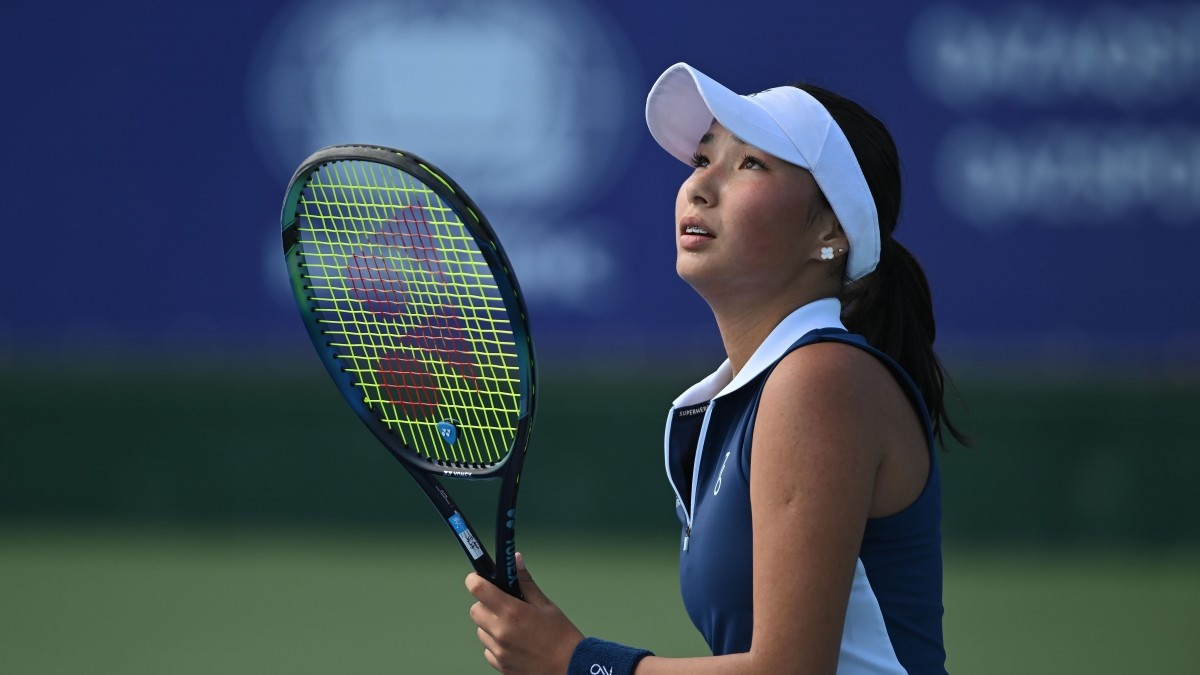North Korean leader Kim Jong-un recently oversaw a drone test conducted by the DPRK National Defense Academy's Drone Research Institute. Emphasizing the need for active development and increased production of various drone types, this move raises concerns about regional security and the humanitarian implications for North Korean citizens facing economic challenges.
Kim Jong-un Supervises Drone Test, Calls for Increased Production Amid Rising Tensions


Kim Jong-un Supervises Drone Test: Implications for North Korea and the World
In a recent display of military ambition, North Korean leader Kim Jong-un supervised a drone test conducted by the Drone Research Institute of the DPRK National Defense Academy. The event, reported by the state-run Korean Central News Agency (KCNA), emphasized Kim's directive to enhance the development and production of various types of drones. This move not only showcases North Korea's technological advancements but also raises significant concerns for international security and regional stability.
Photos released from the test reveal Kim’s enthusiasm as he oversees the drone operations, a stark reminder of the nation’s commitment to bolstering its military capabilities. For North Koreans, these advancements are often portrayed as a source of national pride, reinforcing the government's narrative of strength in the face of perceived external threats. However, for many outside the country, the implications of North Korea’s expanding drone program are anything but reassuring.
Residents in the Korean peninsula have lived with the shadow of military tensions for decades, and the recent developments are likely to heighten those anxieties. For families in South Korea, the news of North Korea's increasing drone capabilities raises alarms about potential incursions or surveillance efforts. “We have always been on edge about the North’s military activities,” said a South Korean mother of two. “Every time they announce a new weapon, I worry about the safety of my children.”
The focus on drone technology is particularly concerning given the strategic advantages these systems can offer in modern warfare. Drones can be used for reconnaissance, targeted strikes, and even psychological warfare, making them versatile tools in a military arsenal. Experts warn that as North Korea develops these technologies, the potential for conflict increases, especially if miscommunication or miscalculation occurs between the two Koreas.
International observers are closely monitoring these developments. The United States and its allies have long expressed concerns about North Korea's missile and nuclear programs, and the expansion into drone technology may represent a new front in the ongoing arms race. “The proliferation of drone technology is a game-changer,” said a defense analyst. “It allows for a level of precision and stealth that could complicate military responses.”
Amidst these concerns, the humanitarian impact of North Korea’s military focus cannot be overlooked. The country faces significant economic challenges, with many citizens struggling to meet basic needs. Resources allocated to military advancements often come at the expense of essential services such as healthcare, education, and food security. For the average North Korean, the government’s emphasis on military prowess can feel disconnected from the daily struggles they face. rights organizations continue to advocate for the people of North Korea, urging the international community to recognize the human costs of the regime's militarization. “The focus on military development diverts attention and resources away from the urgent needs of the population,” said a representative from a humanitarian group. “We must not forget that behind these military advancements are real lives affected by poverty and repression.”
As Kim Jong-un pushes for increased production of drone technology, the international community faces a pivotal moment. Diplomatic efforts will be crucial in addressing the complex challenges posed by North Korea's military ambitions. Engaging with Pyongyang to encourage dialogue and de-escalation is essential to avoid further escalation of tensions in the region.

 বাংলা
বাংলা  Spanish
Spanish  Arabic
Arabic  French
French  Chinese
Chinese 







